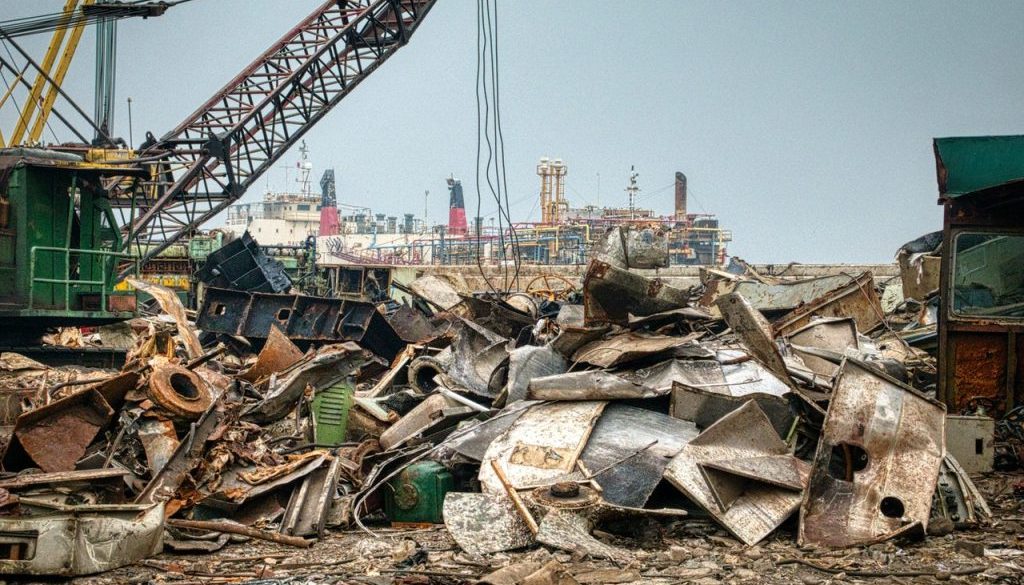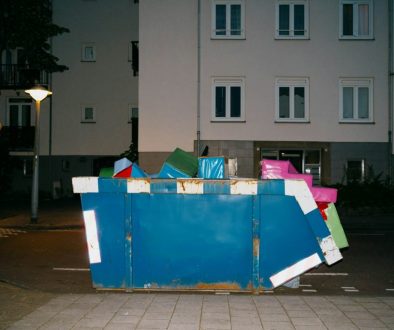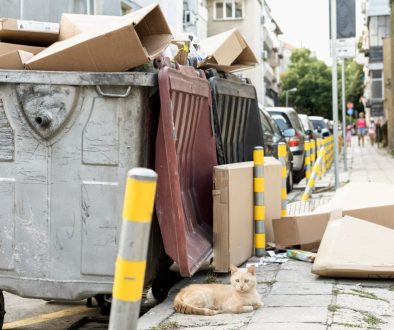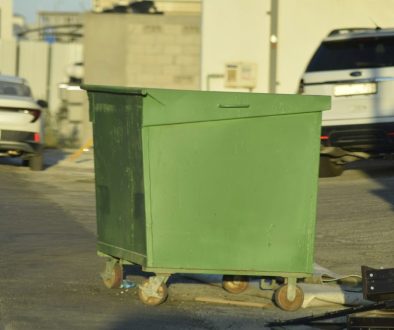Whenever metal is used in manufacturing, some scrap waste is created. This scrap comes in many forms, from small cuttings called swarf to large offcuts of metal sheets, rods or bars that are dumped into bins or taken about by skip hire.
Is Metal Waste Recyclable?
Recycling can be repeatedly applied to metals such as aluminium, brass, copper, silver, and, yes, even gold. The recycling process is good for the companies that produce it and a positive environmental step forward.
Why Recycle?
Recycling metal waste helps to preserve limited resources, even though the process emits carbon dioxide. It is important to note that when recycling metal, the government introduced the Scrap Metal Dealer Act (SMDA) 2013. The act mandated that scrap metal be sold above market price so that the dealers and recyclers could make a profit but still sell in bulk to distributors.
An interesting key element of the act was to curb scrap metal fraud by outlawing cash transactions for selling. Cash transactions are not traceable and are considered the source of most metal fraud. To ensure an efficient system, the SMDA mandates that all companies selling scrap metal have identification numbers issued by their dealers.
Disposal of Metal Waste
Generally speaking, metal waste is divided into two categories. Ferrous metals contain iron and carbon. Examples of ferrous metals include non-precious metals such as alloy steel, carbon steel, cast iron, and wrought iron.
On the other hand, non-ferrous metals do not contain any iron but have aluminium, copper, lead, tin, and zinc. Most precious metals are also classified as non-ferrous, like gold, iridium, palladium, platinum, and silver.
Collection of Metal Waste
Organisations that produce only a small amount of metal waste will typically store them in an appropriate container, or a skip. Skips come in various sizes and are usually hired by scrap metal producers as part of their rubbish collection arrangement. For those that produce large volumes of scrap, roll-on, roll-off skips are the usual type of containers used. Nonferrous metals are typically put into special forklift bins. Businesses that produce huge volumes of scrap metal often install hydraulic balers on their premises.
Recycling Metal Waste
Some scrap metal producers sort the various types of metals and keep them separate in containers awaiting collection. This doesn’t happen often, and it is up to the scrap metal dealer to sort them at their home base. Automated recycling processes often use magnets and sensors to help them separate metals.
Dealers use other methods to identify the different types of scrap metal. For example, aluminium looks silvery, while copper is more yellow or reddish. Then comes shredding the metals into smaller pieces to be easier to handle. The norm for steel scrap is to cut it into sheets, while steel is converted into blocks.
They are also easier to melt down at this stage since small pieces have large surface-to-volume ratios. The process also uses less energy.
The next step in recycling is to shred the metal into small pieces. This makes it much easier to handle, and it’s important to make it easier to melt, which will happen automatically if the scrap is cut into small pieces. This reduces the amount of energy required to melt the steel. Steel is usually cut into large sheets and then processed into blocks for recycling.
Next up is melting the scrap metal. The furnace is as big as an apartment, and each type of metal has its furnace. The furnaces are where most of the energy is used. Even so, it takes less energy to recycle the metal than it would create the same amount of metal from scratch.
After melting and smelting comes purification and solidifying. Purification ensures that the process’s final product is high quality and contaminant-free. The most common method used by many companies for purification is electrolysis.
The solidifying stage allows molten metal to cool and harden through conveyor belts so it can be cooled and separated.
Why recycle metal? The planet is losing its natural resources, including its metal stocks. That’s why many skip hire companies, including ours, stress the importance of recycling any scrap metal so we can ensure the planet doesn’t run out of resources. Here are some great reasons why you should recycle metal:
- It’s planet-friendly: Extracting and processing metal harms the environment. It does damage to the earth itself, as well as to the biosphere around it. By recycling scrap metal, we can continue to enjoy metal supplies without needing to cause extensive damage to our planet.
- It saves energy: New studies have shown that in recent years, energy prices continue to rise and rise and rise, but recycling metal allows us to combat these rising prices. It takes a lot of power to extract ore from the ground and turn it into a usable material, but that’s not the only problem.
Although we consume less metal than ever, the demand keeps rising. Even something small, like an aluminium can, takes significant amounts of energy to produce. Recycling just one tonne of steel can save a huge amount of energy, not even mention greenhouse gas emissions! Also, recycling just one kilogram of aluminium saves you energy to power a device for 14 hours straight!!
- It creates jobs: The EU and UK are aiming for recycling rates to be 70 percent by 2030. Not only does this move include scrap metal and reduce waste, but in reaching this goal, many new jobs, as many as 38,000, could be created!
- This is because recycling metal is one of the most labour-intensive of all the recycling processes. So, if you decide to recycle all of your scrap metal, you’re doing your bit for the environment and the economy too! In a time where jobs are tough to find, it’s satisfying to know that your old copper piping, stainless steel kitchen tops and so on are putting people to work.
What about Metal Scraps?
Businesses in many niches of industry produce scrap metal waste. The automobile, aircraft, and construction industries are the largest waste producers. Making cars, aeroplanes, and buildings often produces a waste metal that is not immediately recycled into new parts or products.
Help the Environment with a Chester Skip Hire
Contribute positively to the environment and economy with a Chester skip hire from Enviro! We’re a family-run business that services Staffordshire with our wide range of services and aggregates. Click our website to learn more!




